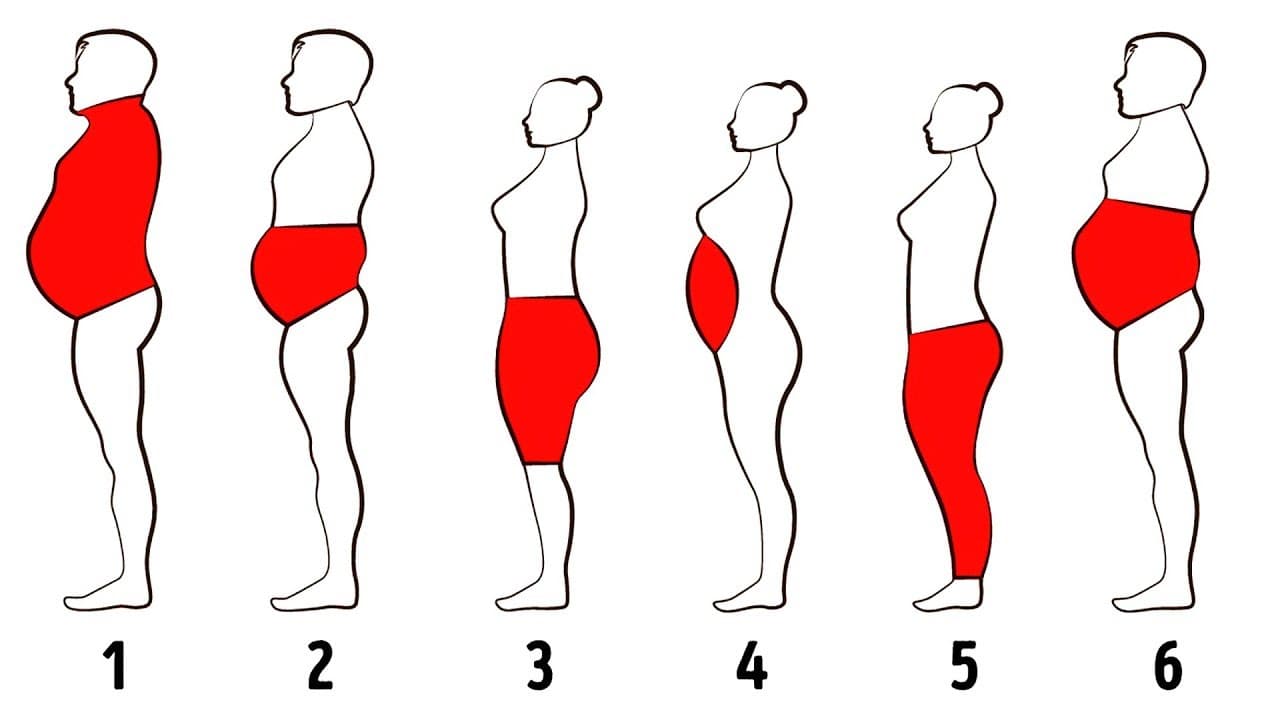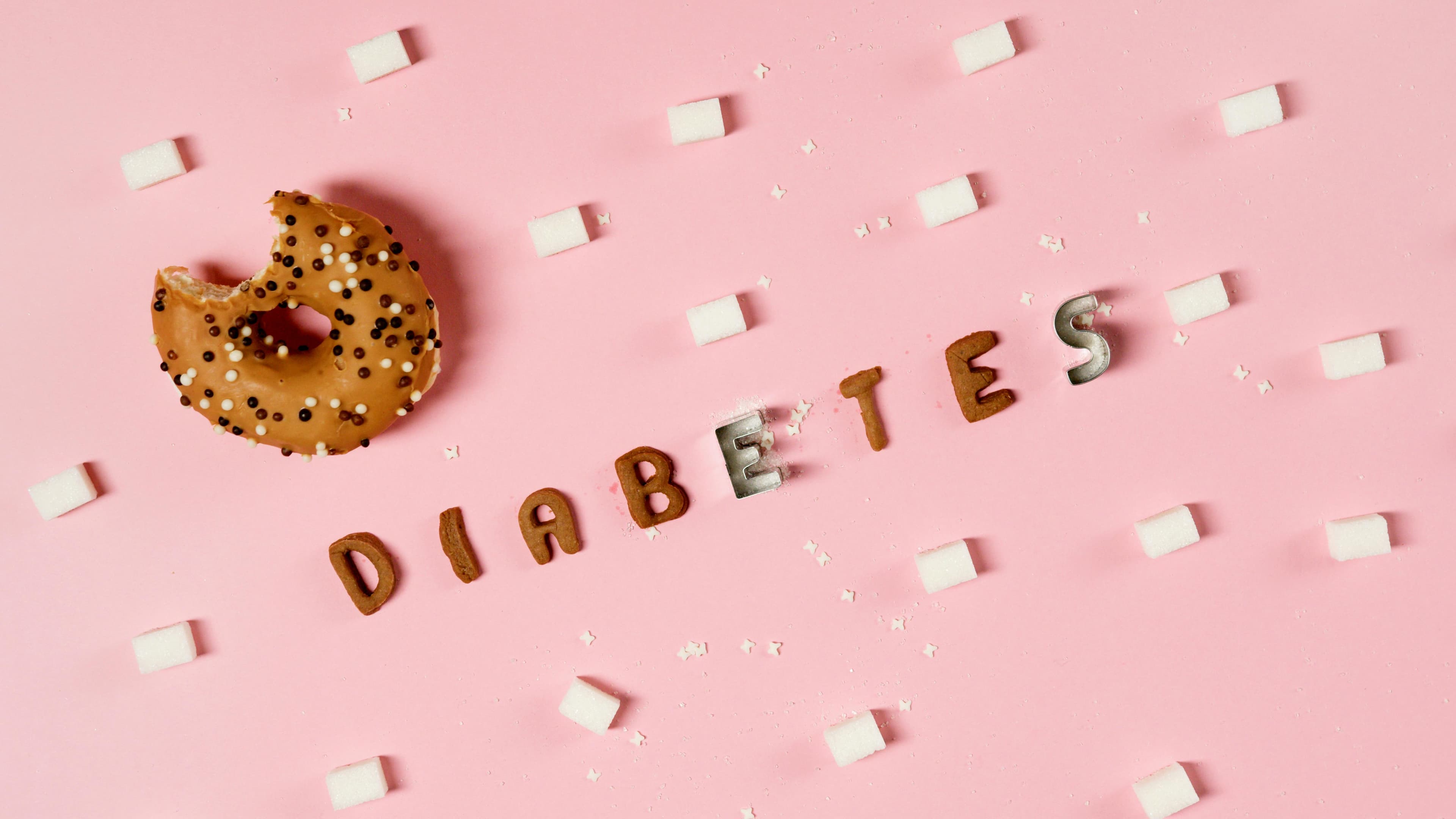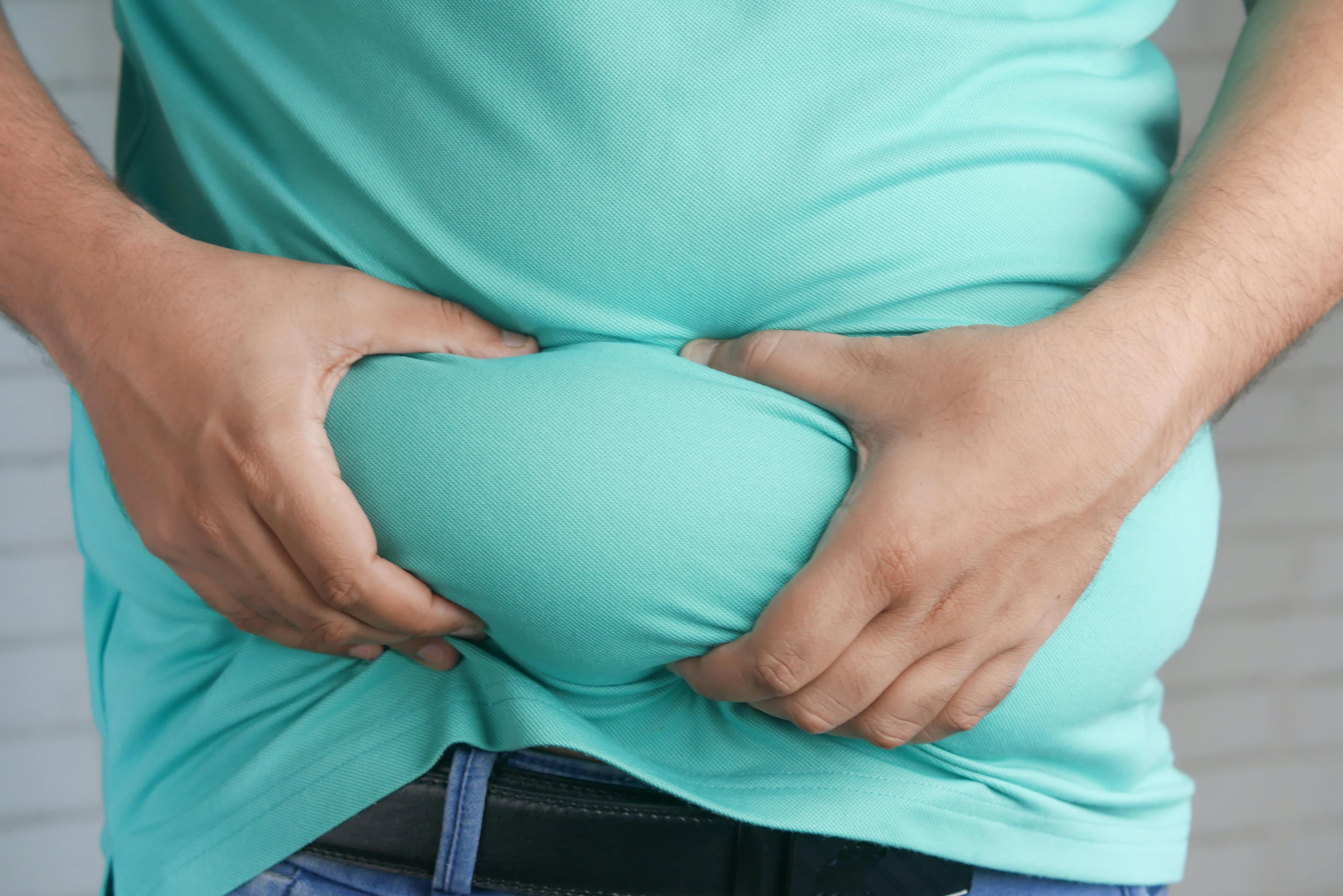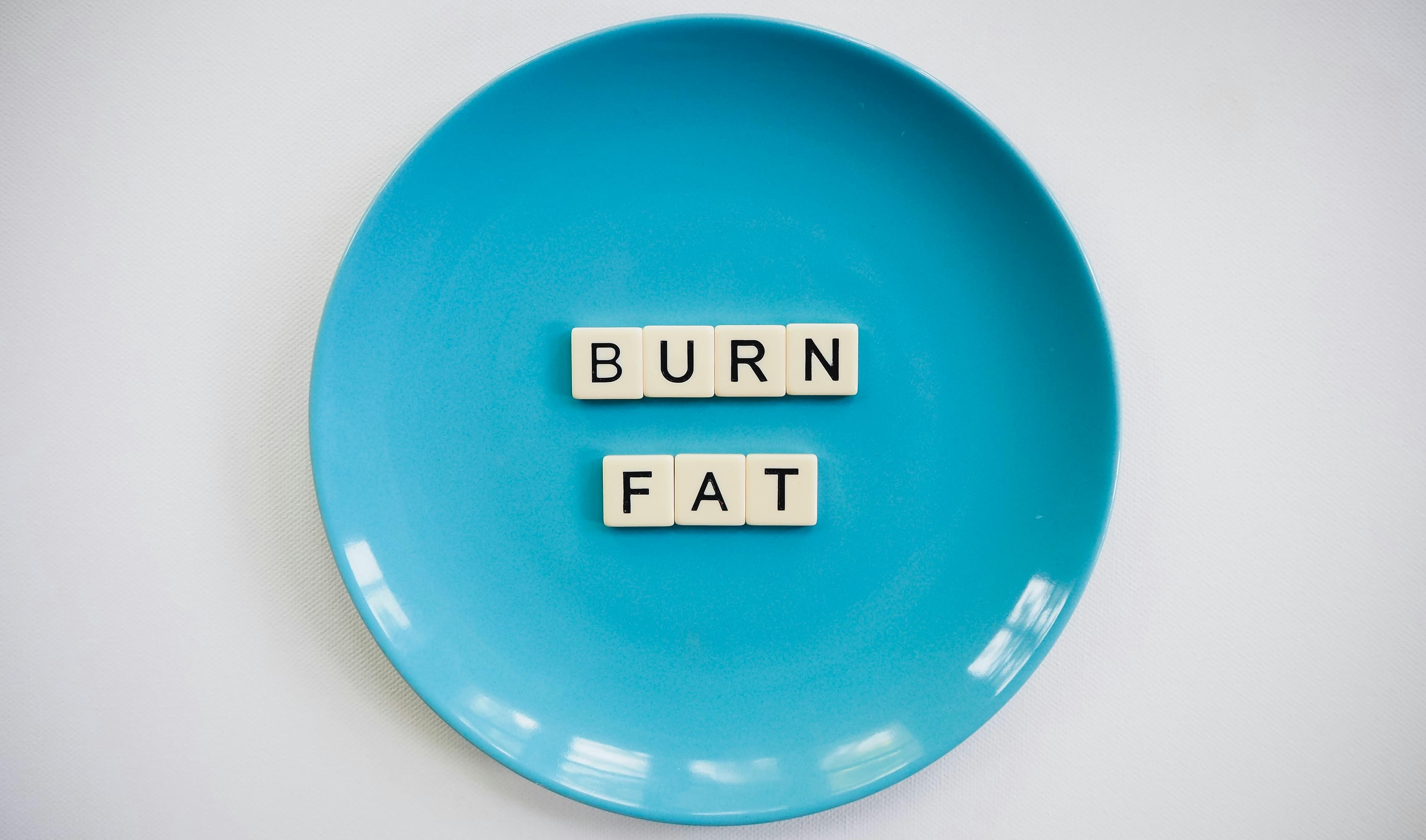What Kind of Fat Speeds Up Aging, And Which Ones Protect Us
We often hear that fat is bad. But it turns out that where fat is stored in the body and what type of fat matters a lot!

What Kind of Fat Speeds Up Aging, And Which Ones Protect Us
We often hear that fat is bad. But it turns out that where fat is stored in the body and what type of fat matters a lot!
New studies show fat doesn’t just affect our looks but also how fast our heart and blood vessels age. And men and women are also affected in different ways. Here’s what researchers found:

Visceral Fat, Liver Fat, Muscle Fat
A study on the UK Biobank from 21,241 people in the UK were studied using imaging. They measured fat in several places: around organs (visceral adipose tissue), fat stored in muscles, fat in the liver, subcutaneous fat (under the skin), etc.
They then used machine learning to predict cardiovascular age (how old one’s heart and vessels seem, based on structure and function) and compared to actual age. The difference (age-delta) shows whether someone’s heart is aging faster than expected.
They found:
More visceral fat → larger age-delta (heart ages faster) for both men and women.
More liver fat → also strongly associated with faster cardiovascular aging in both sexes.
More fat infiltrating muscles (that means fat inside or between muscle) → also bad, for both sexes.
Some fat types affected men more: abdominal subcutaneous fat (under belly-skin) and “android fat” (male-pattern fat) are worse for men.
Some patterns in women seem protective: gynoid fat (hips & thighs fat) is associated with slower heart/vessel aging.

What About Liver & Visceral Fat, and Metabolic Risk
Another article published in NIH looks at how visceral fat (around organs deep inside) and liver (hepatic) fat contribute to problems with metabolism and risk of diseases.
Here's what they found:
Visceral fat is strongly linked to heart disease, diabetes etc.
Liver fat also matters though previous evidence was less clear; this study adds to support that more hepatic fat = worse metabolic outcomes.
These metabolic problems are important because they drive aging (in terms of how early disease appears, or how organs get damaged).
Which Kinds of Fat Might Protect or Be Less Harmful
The UK Biobank study found that
Gynoid fat (hips & thighs) in women seems protective, slowing down heart aging.
Subcutaneous fat under the belly skin is less harmful than visceral fat under the organs. While abdominal fat under skin is still bad in excess, it’s not as bad as deep organ fat.

Differences Between Men & Women
There are sex difference of courses:
Men tend to store more visceral fat, which is more harmful. Also, certain fat types like abdominal subcutaneous fat and android fat have worse effects in men.
Premenopausal women (higher oestrogen) seem to have some protection; fat in hips and thighs can help protect heart & vessels. After menopause this protection tends to decrease.

Why These Fats Make a Difference
Visceral fat is deep, surrounding internal organs. It causes inflammation, stresses organs, contributes to bad cholesterol, insulin resistance. These speed up damage in heart, vessels, liver etc.
Liver fat harms how the liver works; it can worsen metabolic health (glucose control, lipid balance), increasing risk of cardiovascular disease.
Muscle fat infiltration reduces muscle quality & strength. It also reflects poorer metabolic health.
Subcutaneous fat (especially around hips & thighs) tends to produce different signals and may be less inflammatory.

Steps You Can Do
Since location of fat matters more than just total weight, here are things to focus on:
Regular exercise, especially strength combined with aerobic exercise helps reduce visceral fat.
Reduce foods that promote fat storage in the liver (high sugar, especially fructose, too many refined carbs, too much saturated fat). Eat more healthy fats (unsaturated), fibre, whole grains.
Maintain hormone health (for women, things like managing menopause etc).
Monitor not just your weight or BMI but waist circumference (belly size) & maybe get checkups that can estimate fat distribution (if available).
Summary
Not all fat is equal. Fat around organs (visceral) and in liver or inside muscles ages us faster, for both men & women.
Some fat (hips/thighs, subcutaneous) is less harmful, and in women can even be protective.
Men are more at risk from visceral fat; women have some protection that lessens after menopause.
To age well, focus on where fat is, not just how much you weigh.
Sources: